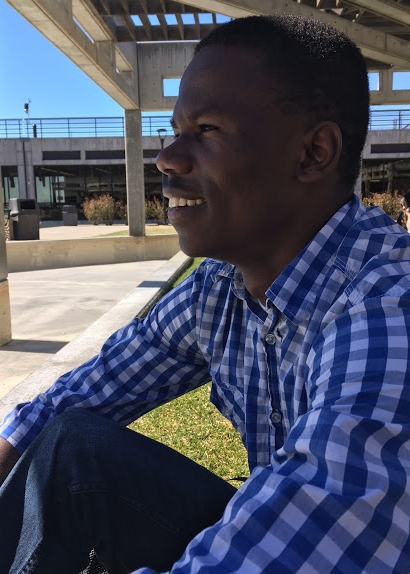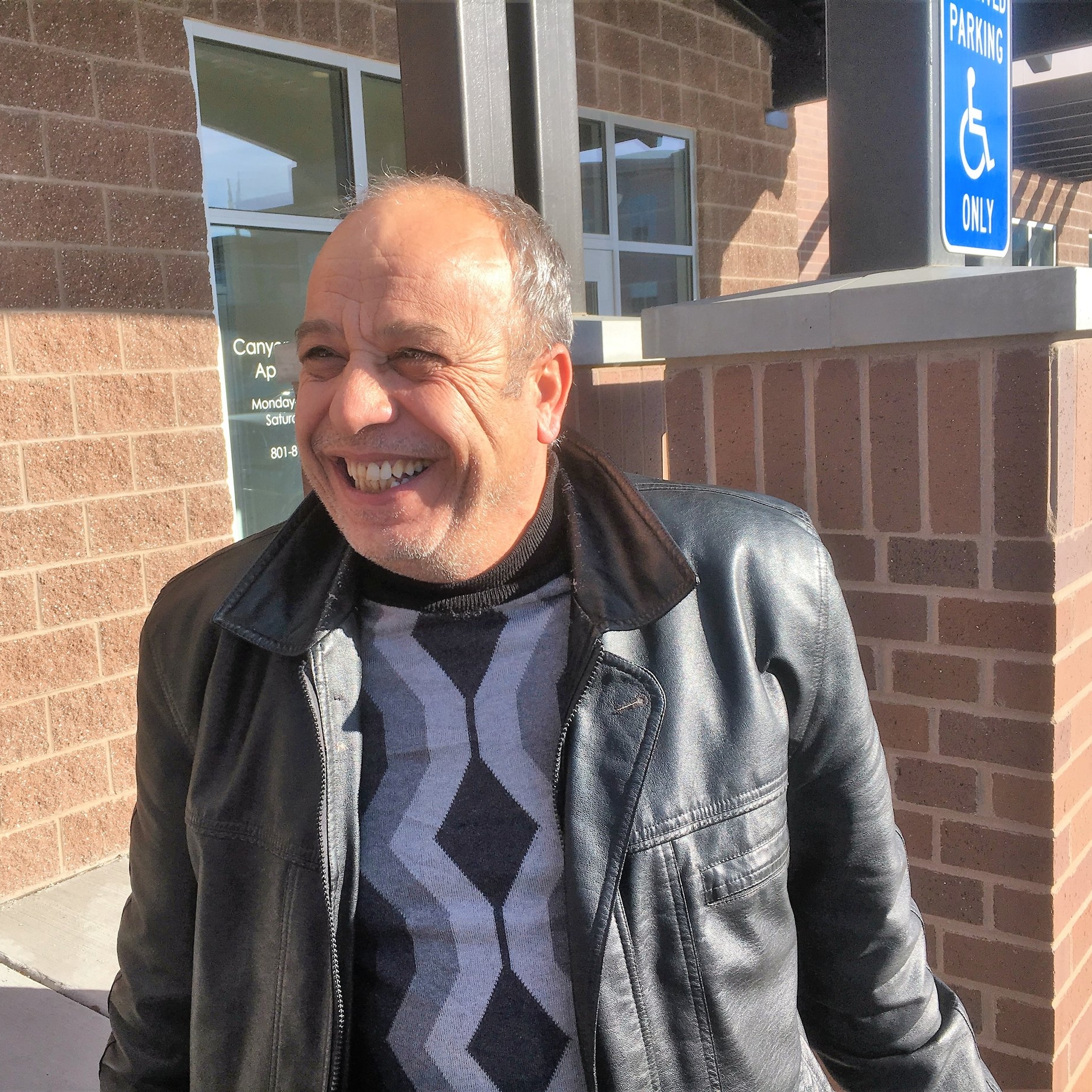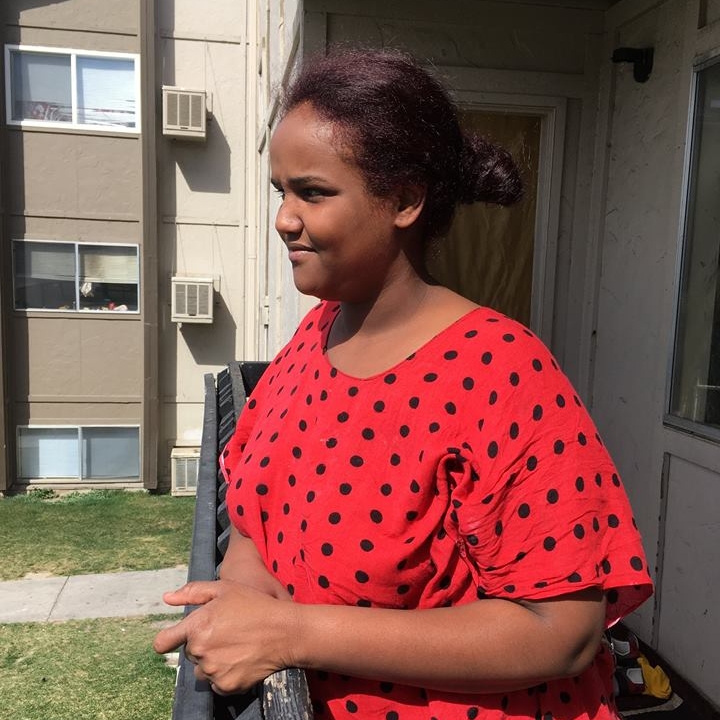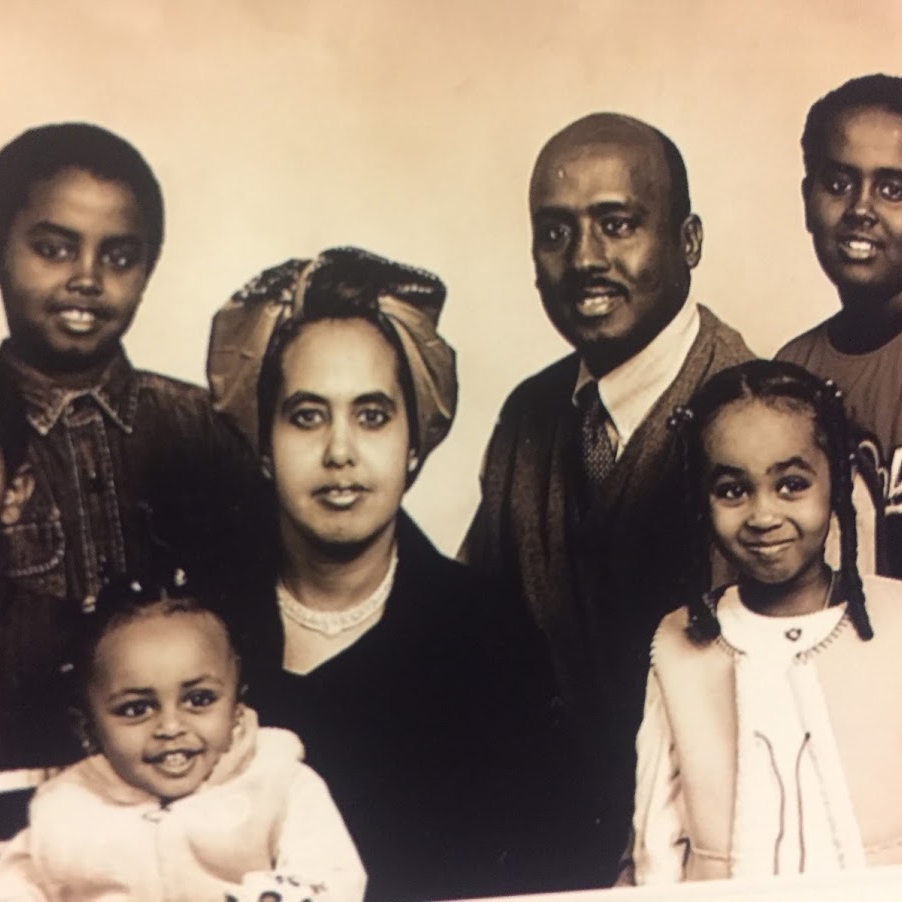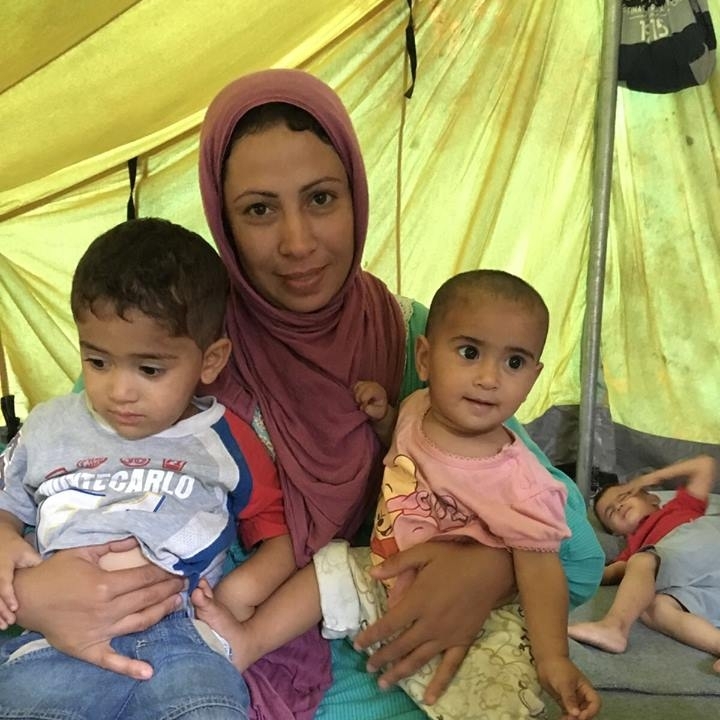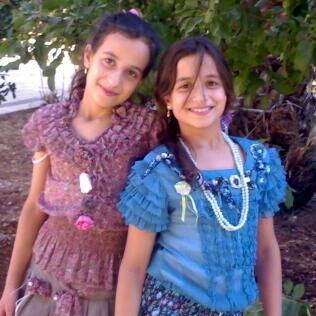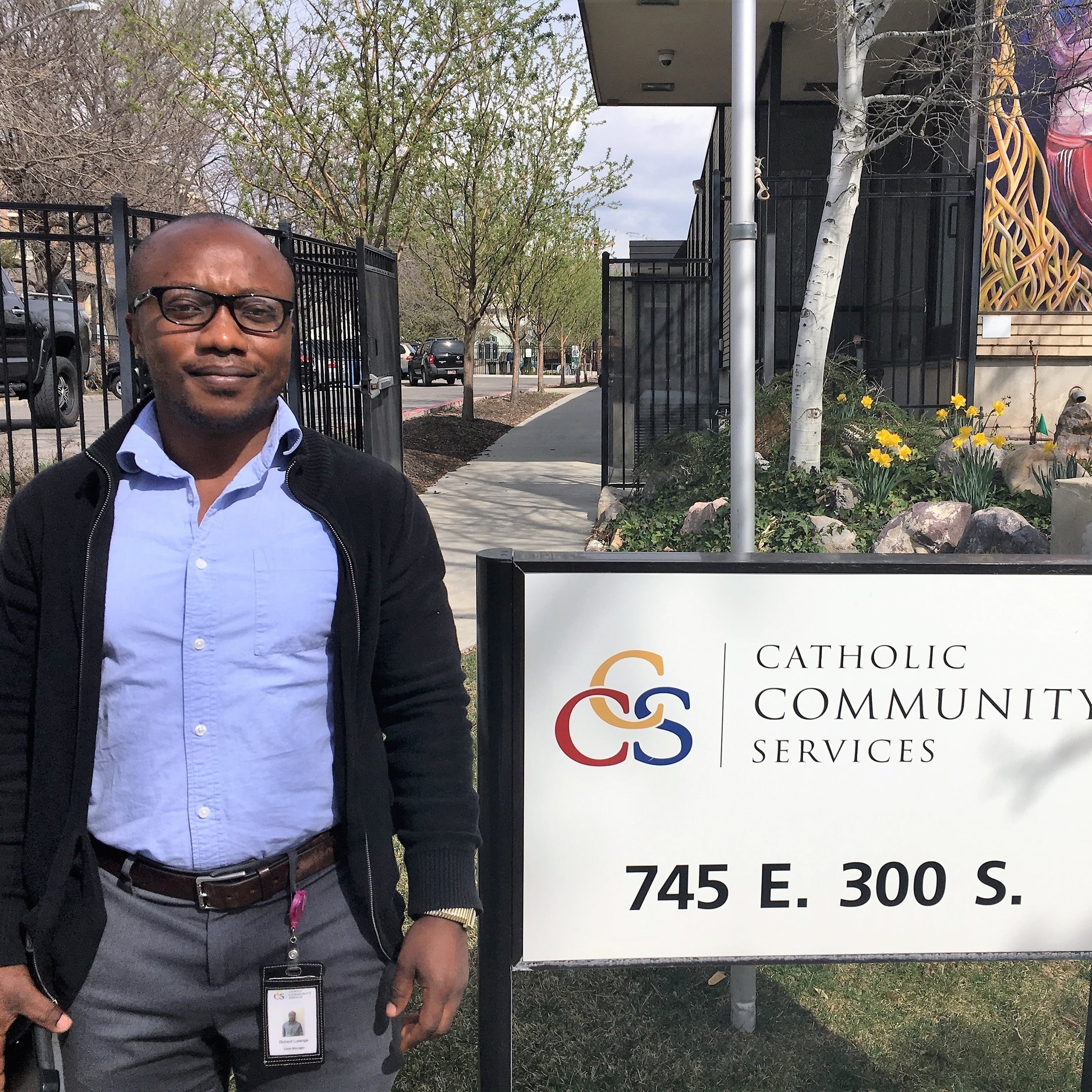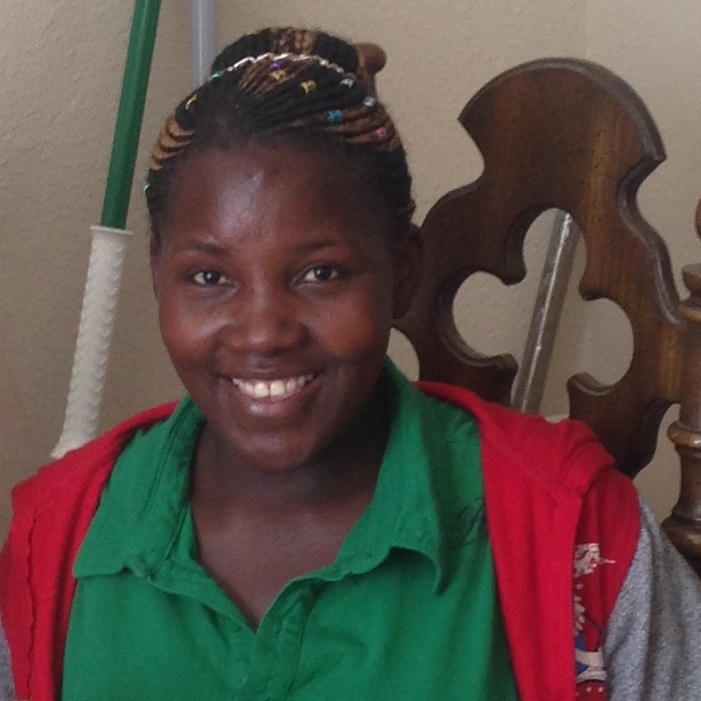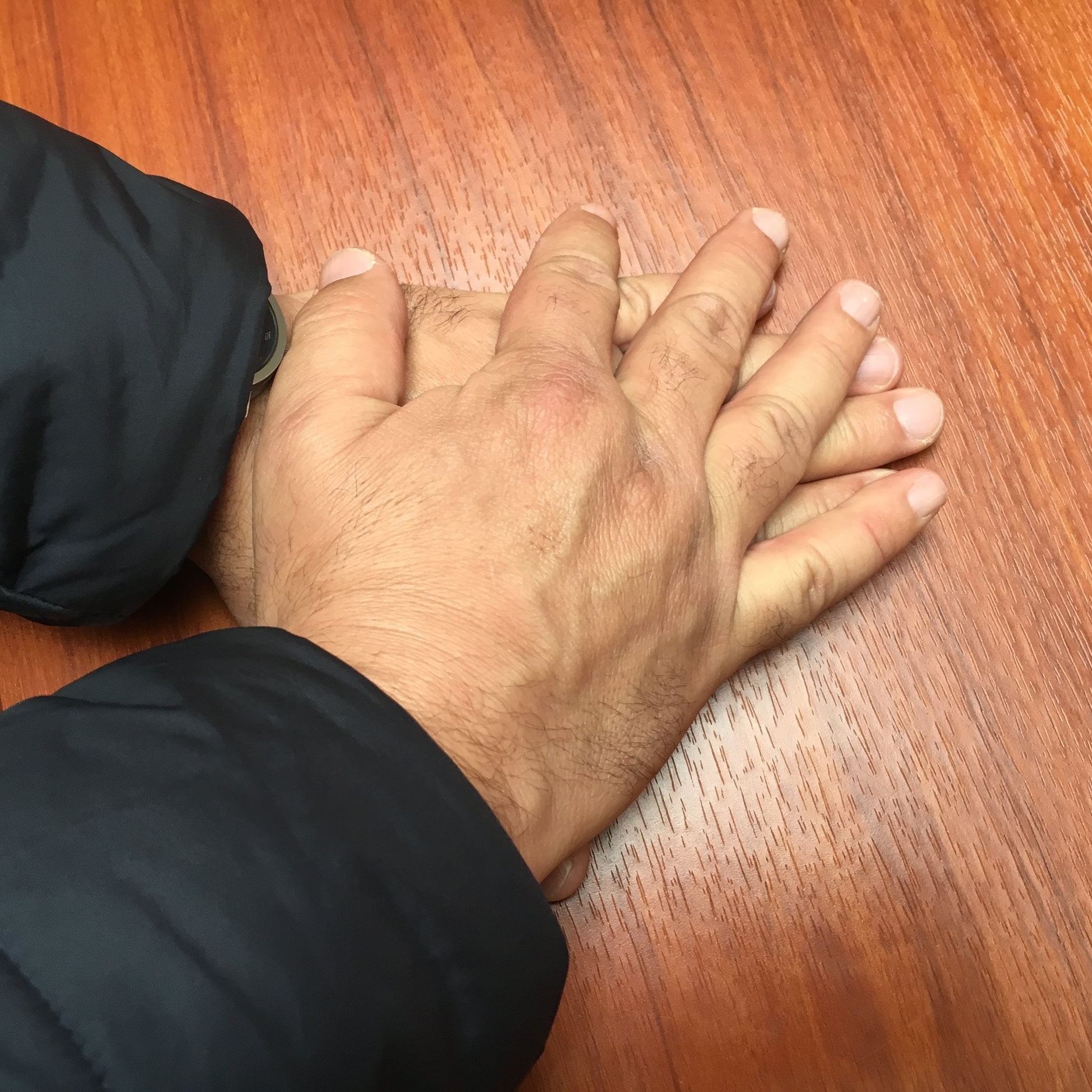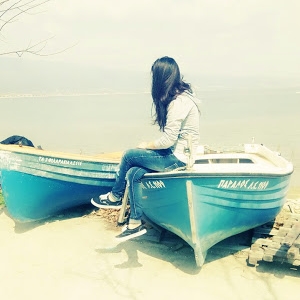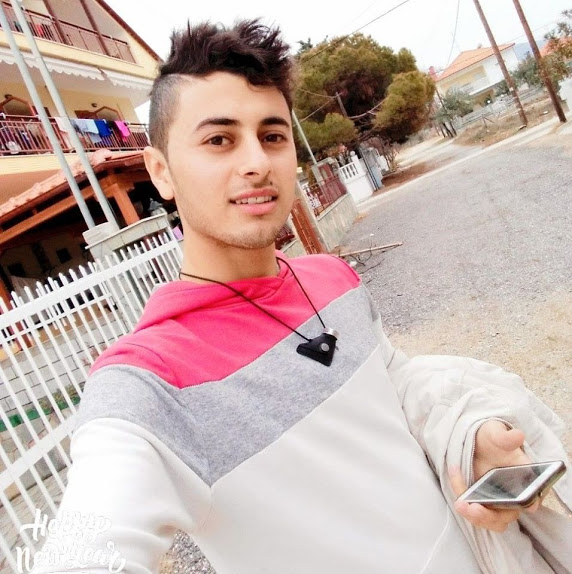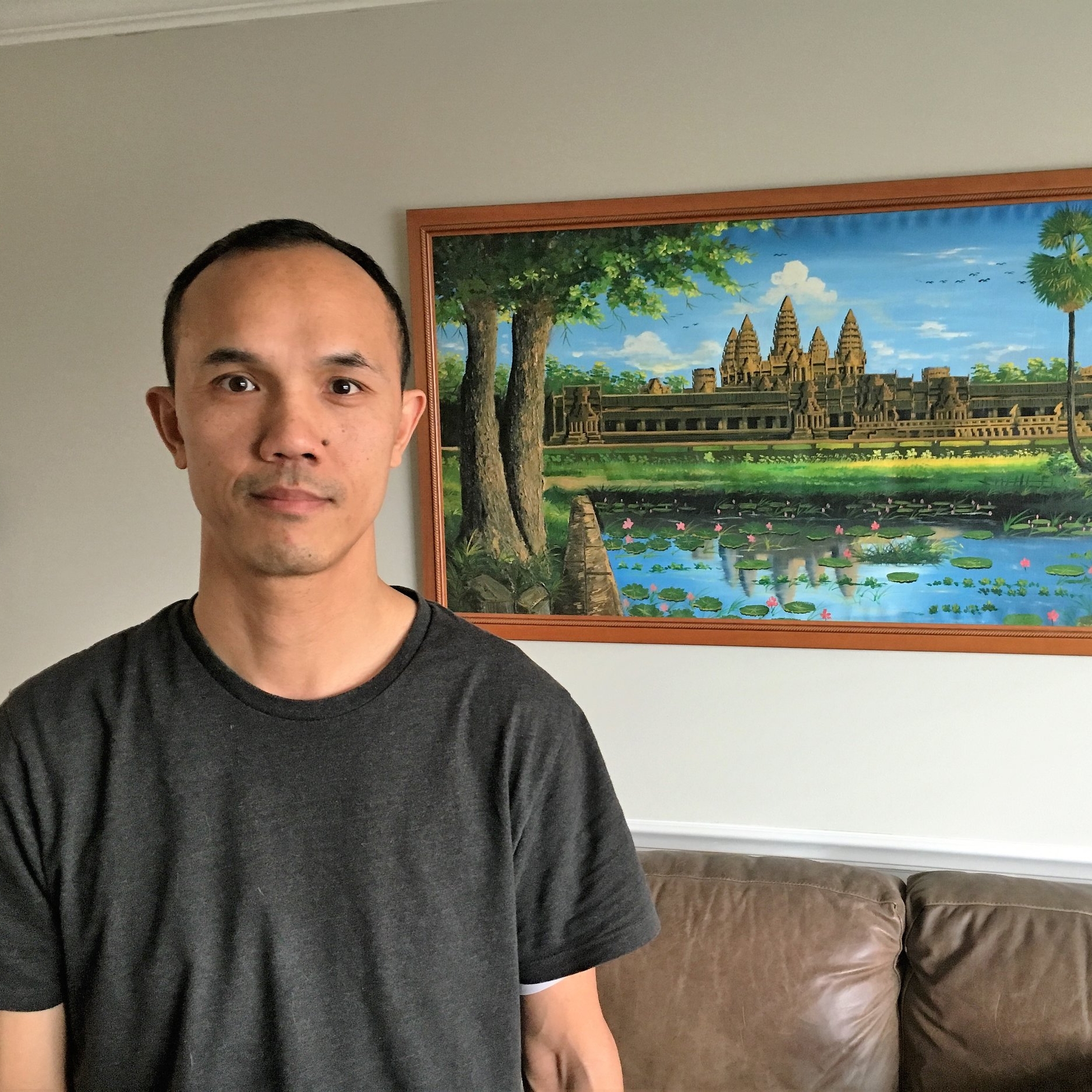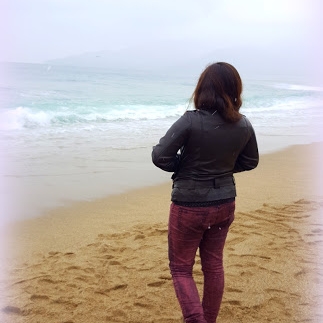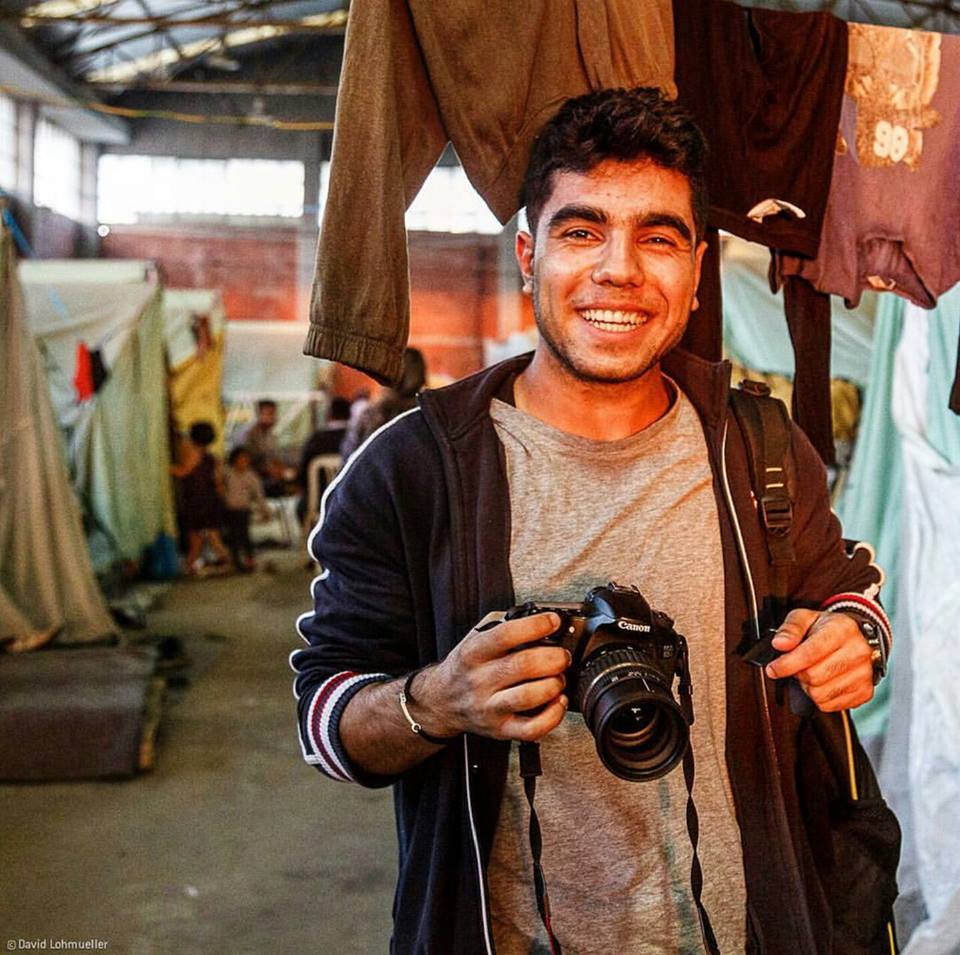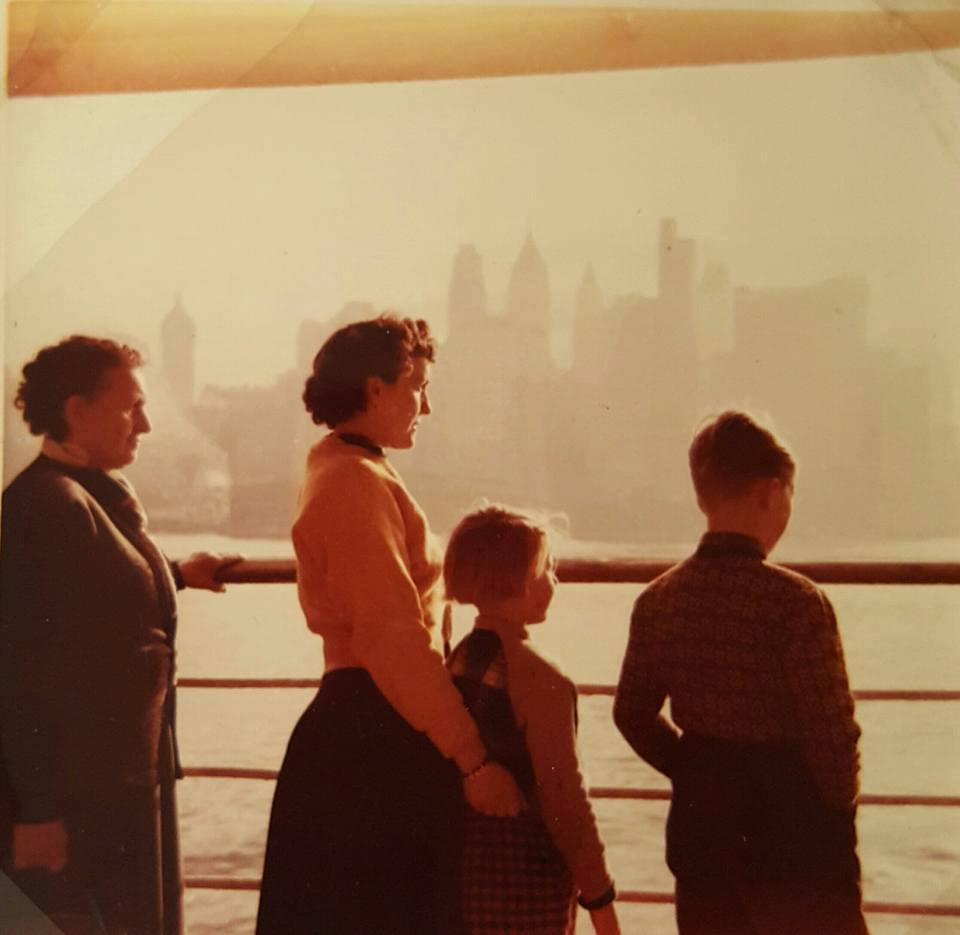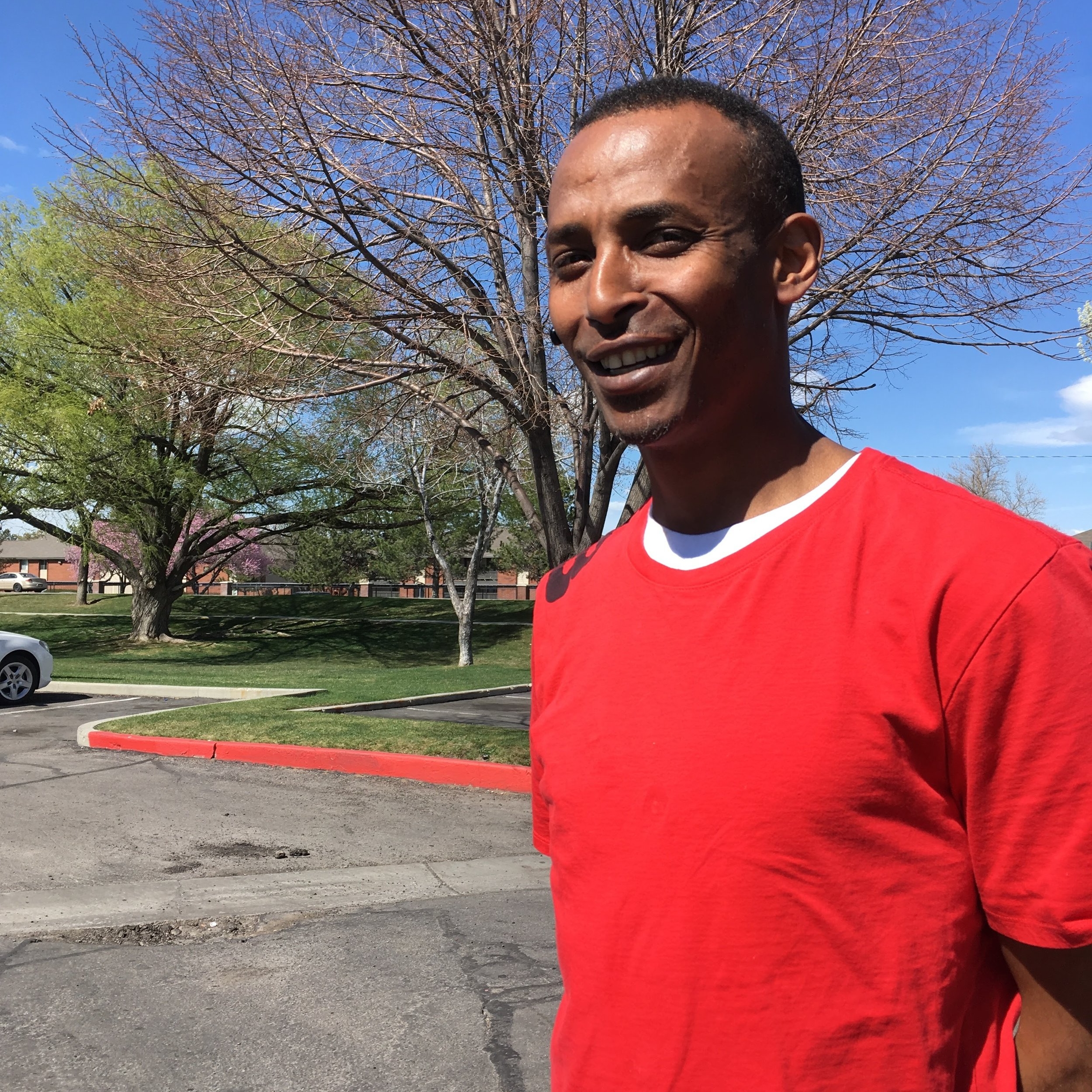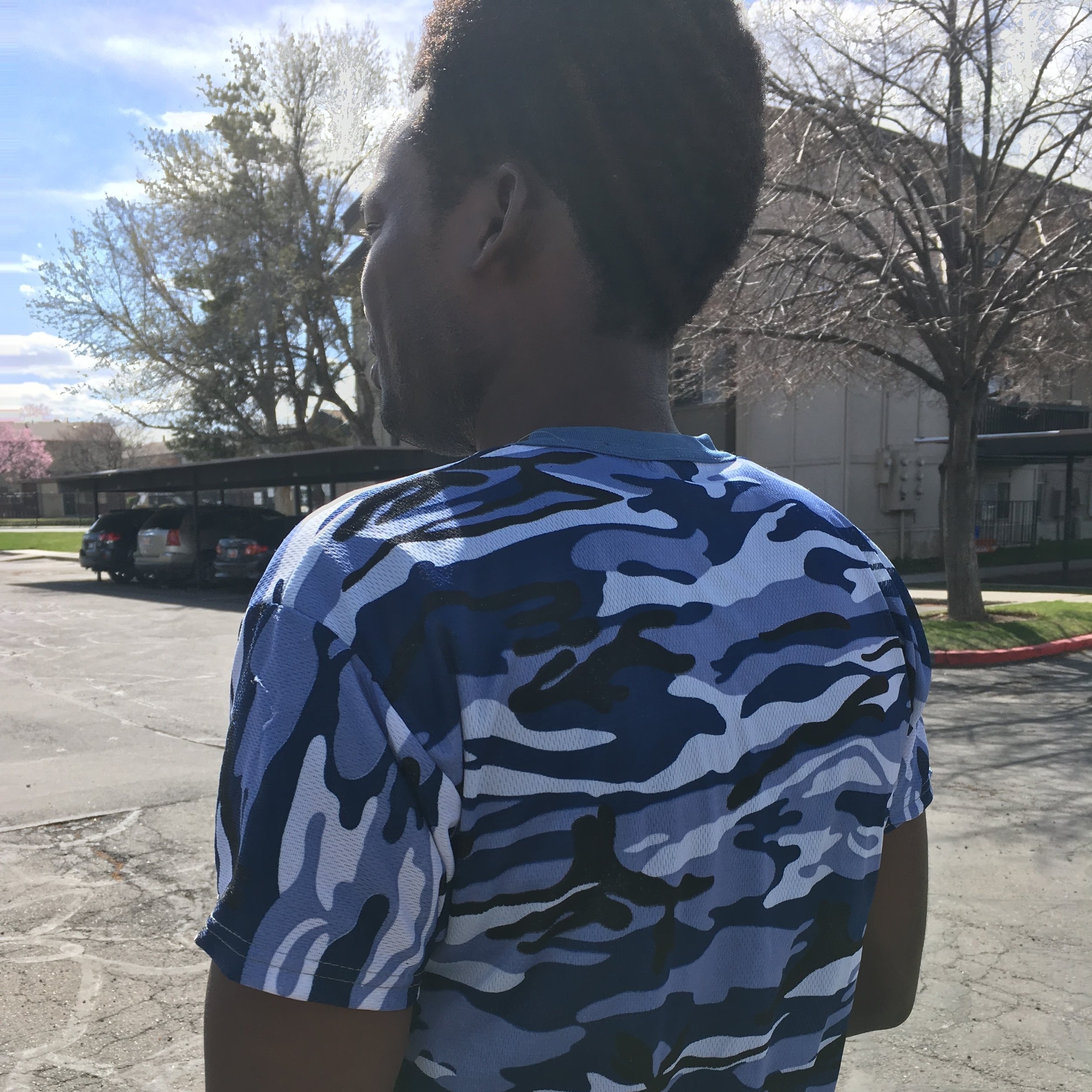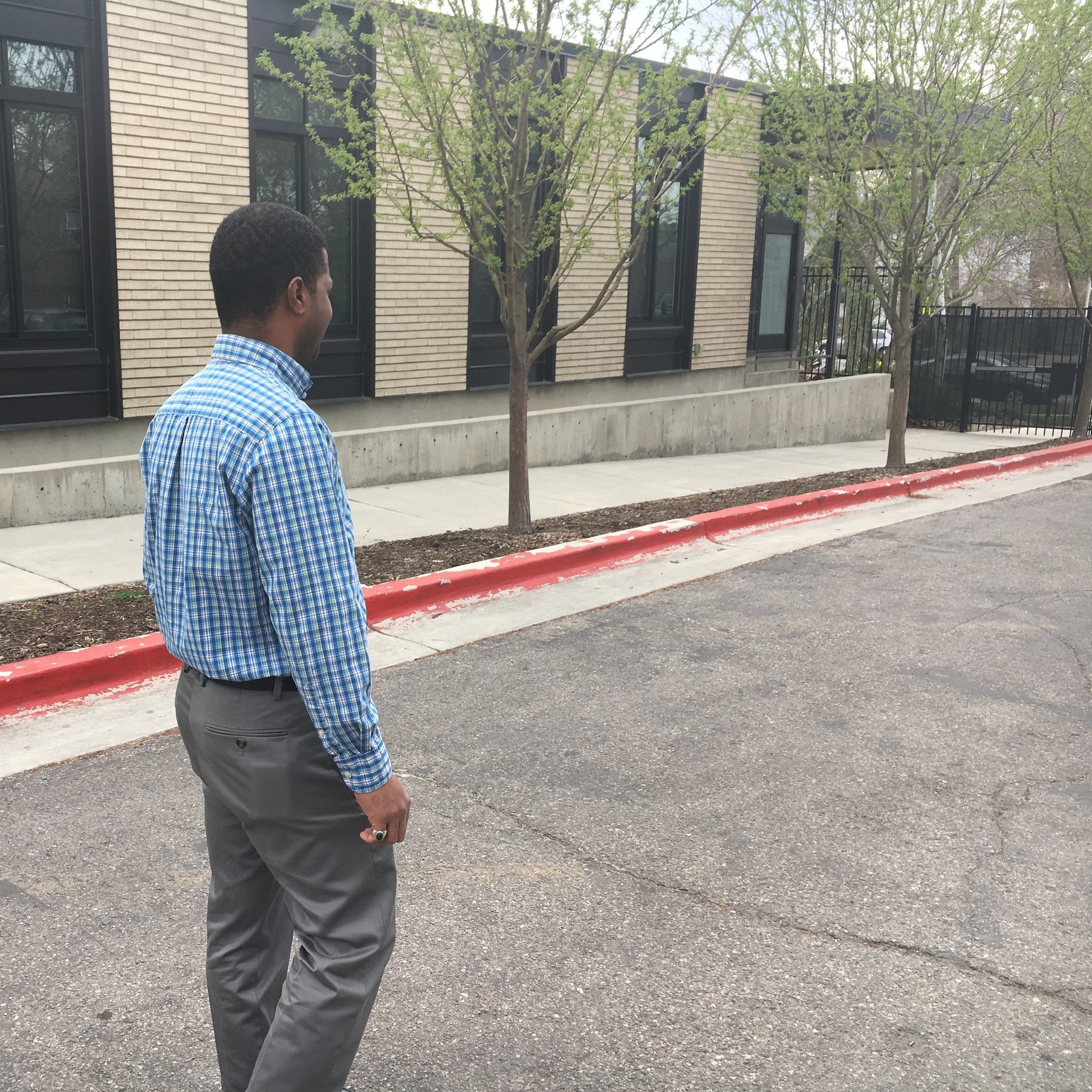““On March 13, 2013, my wife and I, our five children, and my mother left our home with only the clothes on our backs.”
”
"My family and I lived in a nice home in a village of Daraa, Syria, which is a large city near Jordan. The people in my city were highly educated and hard workers—there were many doctors, engineers, pharmacists, etc. I was the principal of the local high school and I owned a large lot of land which I farmed. I lived a good life.
During the war, things began to change. There were bombs in my village every day. People died. We lived in terror and fear. The military took our home and everything in the village. We could not stay there. On March 13, 2013, my wife and I, our five children, and my mother left our home with only the clothes on our backs. We walked 20 kilometers (12 miles) during the night to cross the Jordanian border. At the border, we carried my elderly mother across. If someone would have seen us leaving, we could have been killed.
We lived in the Za’atari refugee camp with 100,000 Syrians. At first, we could not stand life at the camp. We all lived in a small tent. We used our money to buy a larger tent. It didn’t have a bathroom or kitchen, so we built a bathroom and kitchen between the tents and that became our home. I did not sleep at night for the first year because the camp was not safe. Finally, the Jordanian police began watching over the camp and things improved.
We were living in a desert with no air conditioning. We had limited access to resources like water, kitchen power, healthcare and hospitals. I have diabetes and was very sick because I could not get medication. I wasn’t allowed to work, but I volunteered teaching the high-school-age Syrian students. We received only 100 dinar ($140) from the United Nations each month. We lived like that for three and a half years.
Finally, the UNHCR called us and asked if we wanted to go to the United States. We said 'Yes!' After a year and a half of waiting and eight interviews, we came to Utah.
I am now 50 years old. I live in America with my five children, my wife and my mother. Every day I drive my wife to work, care for my mother, and do all the cooking and housework for my family. I want to continue learning English and in two or three months, I will begin studying psychology at the university."
__________
From: Syria
Refugee Camp: Jordan
Current Location: United States
Family: Wife, 5 Children, Mother
Age: 50


